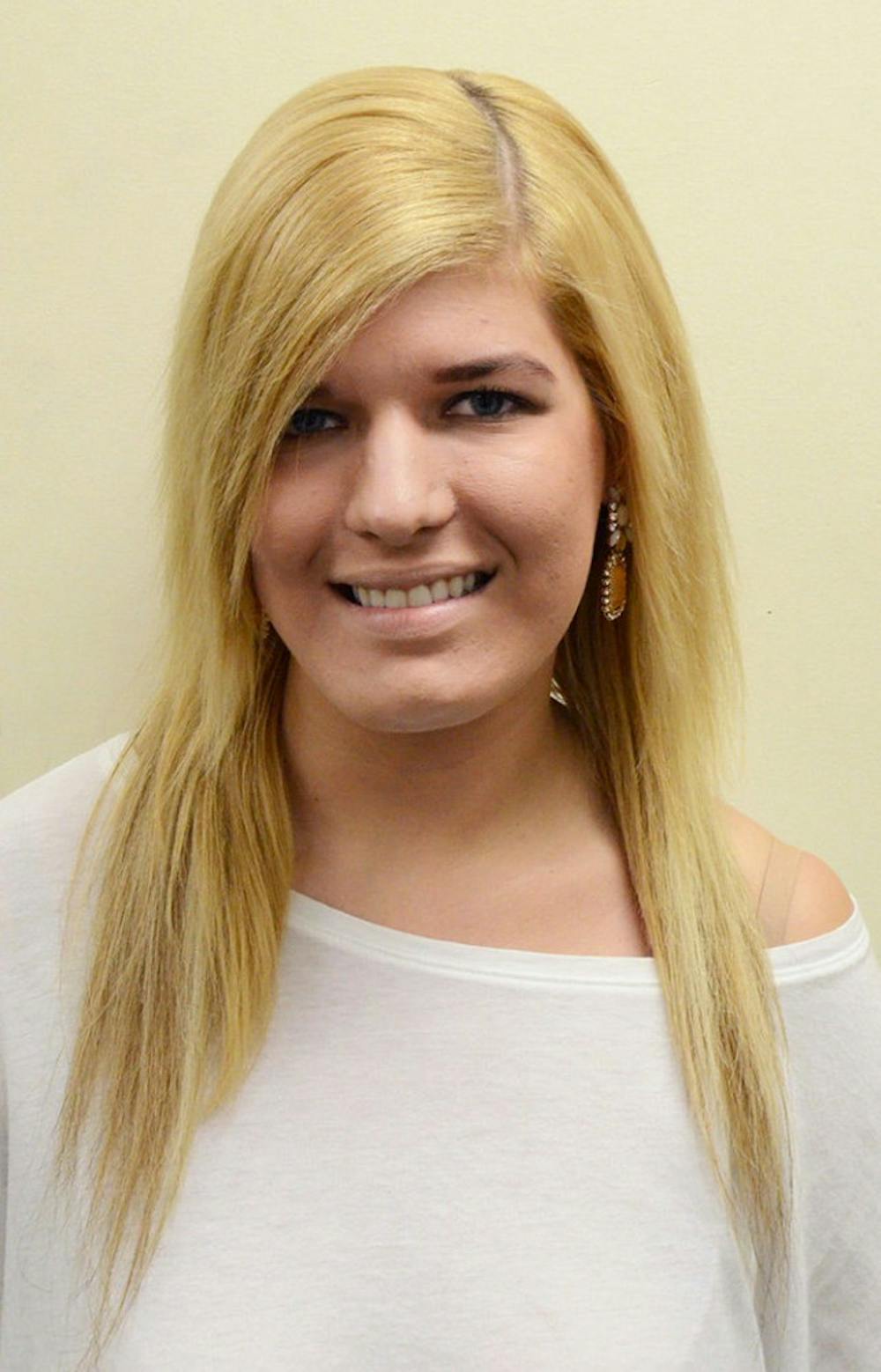If you say that the college application process wasn’t stressful, I’m tempted to call your bluff.
If you say that the college application process wasn’t stressful, I’m tempted to call your bluff. For seniors, the days of the Common App may seem like a lifetime ago, but for many underclassmen, frets over ACTs and GPAs still haunt their dreams.
And understandably so. Applying to college is an overwhelming experience filled with moments of self-doubt.
Just scroll through the acceptance rates of the country’s elite colleges: Harvard announced that they accepted just 5.9 percent of their 35,000 hopeful applicants. Stanford’s admission rate stands at 5.07 percent. Even an unweighted 4.0 GPA and perfect 36 ACT score aren’t quite enough to warrant full confidence in today’s application rat race.
Yet, in an article from New York Times writer Kevin Carey, a higher education writer and policy analyst, argues that getting into a good college “isn’t as hard as it seems.”
Carey based his argument on the fact that anyone can apply to college, whether you’re well-qualified or not. When colleges dive into the applications, the more selective schools immediately push under-qualified students to the side and shift their focus to students with a legitimate chance of getting in. However, this strategy isn’t reflected in admissions statistics because colleges want to appear to be as selective as possible.
But Carey is assuming that many under-qualified students are applying to selective schools. I did not apply to Harvard or Yale because I didn’t think my chances of getting in were high enough to make paying the $75 application fee worth it. In this economy, I imagine many students approach the application process with the same mentality. Why shell out upwards of $100 on application fees if you don’t think you have a shot of getting in? Chances are, most of Harvard’s 35,000 applicants are made up of top students who all have a legitimate chance of earning a spot at the university.
By claiming that good students will easily get into good schools if they “try hard enough,” Carey trivializes just how difficult and stressful the college application process really is. Sure, if you work hard in high school you will most likely end up at a great college, but there’s a difference between getting into a good college and actually being able to go: hefty scholarships are difficult to earn if your application is short of flawless. While an impressive application might grant students an acceptance letter, it doesn’t always come along with a large enough scholarship that makes it possible to go to those “great schools” Carey talks about.
It’s one thing to get into Harvard, it’s quite another to get a scholarship to Harvard. Seemingly “perfect” applications need to be even more perfect to make going to an elite school a reality. This isn’t to discourage top students from applying to top schools, but it’s unfair to downplay the hard work and effort it takes to go to great schools with great programs.
Sorry, Kevin Carey. Getting into a good college is still every bit as hard as it seems.
Maria Fischer is a junior studying journalism. Email her at mf628211@ohio.edu






